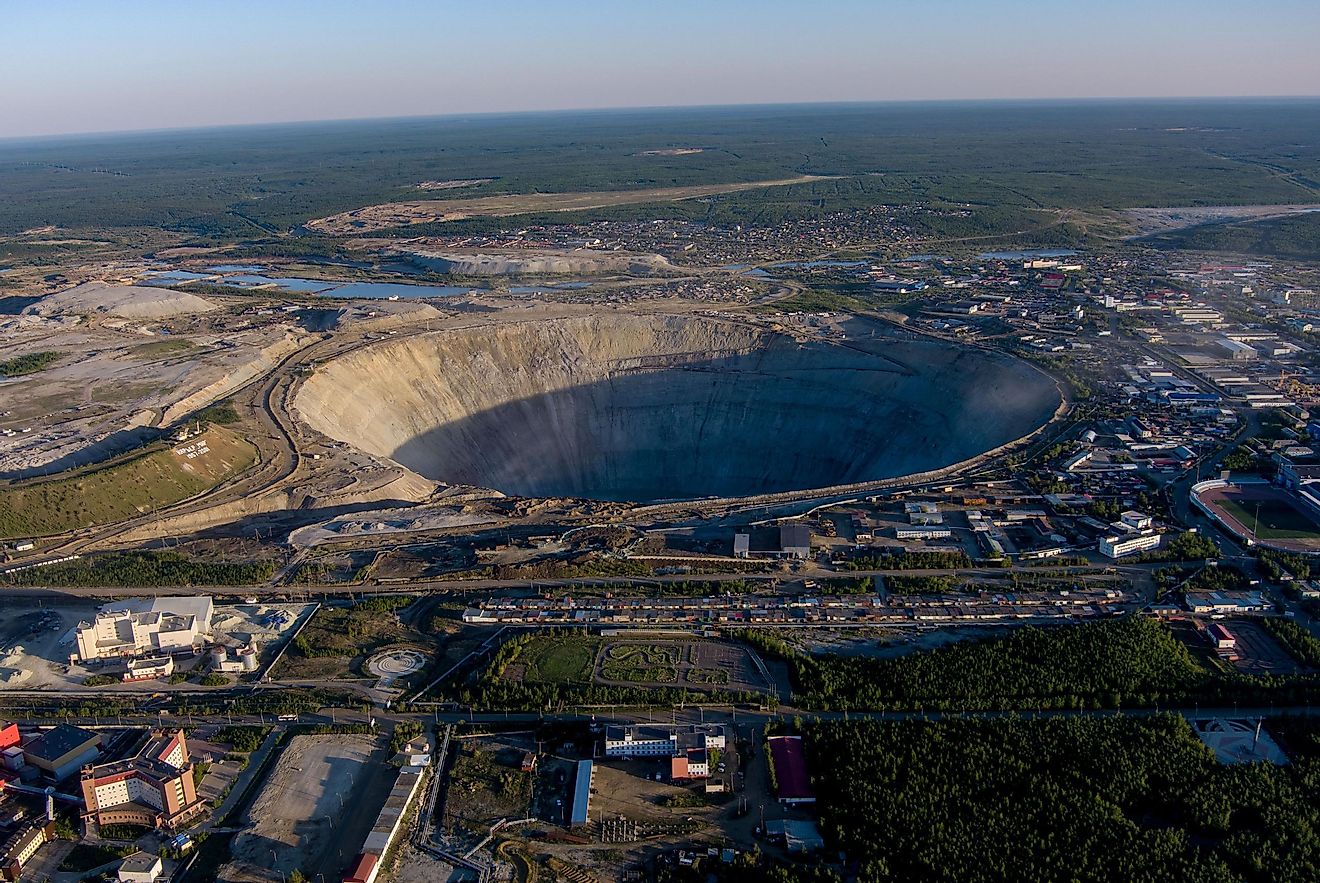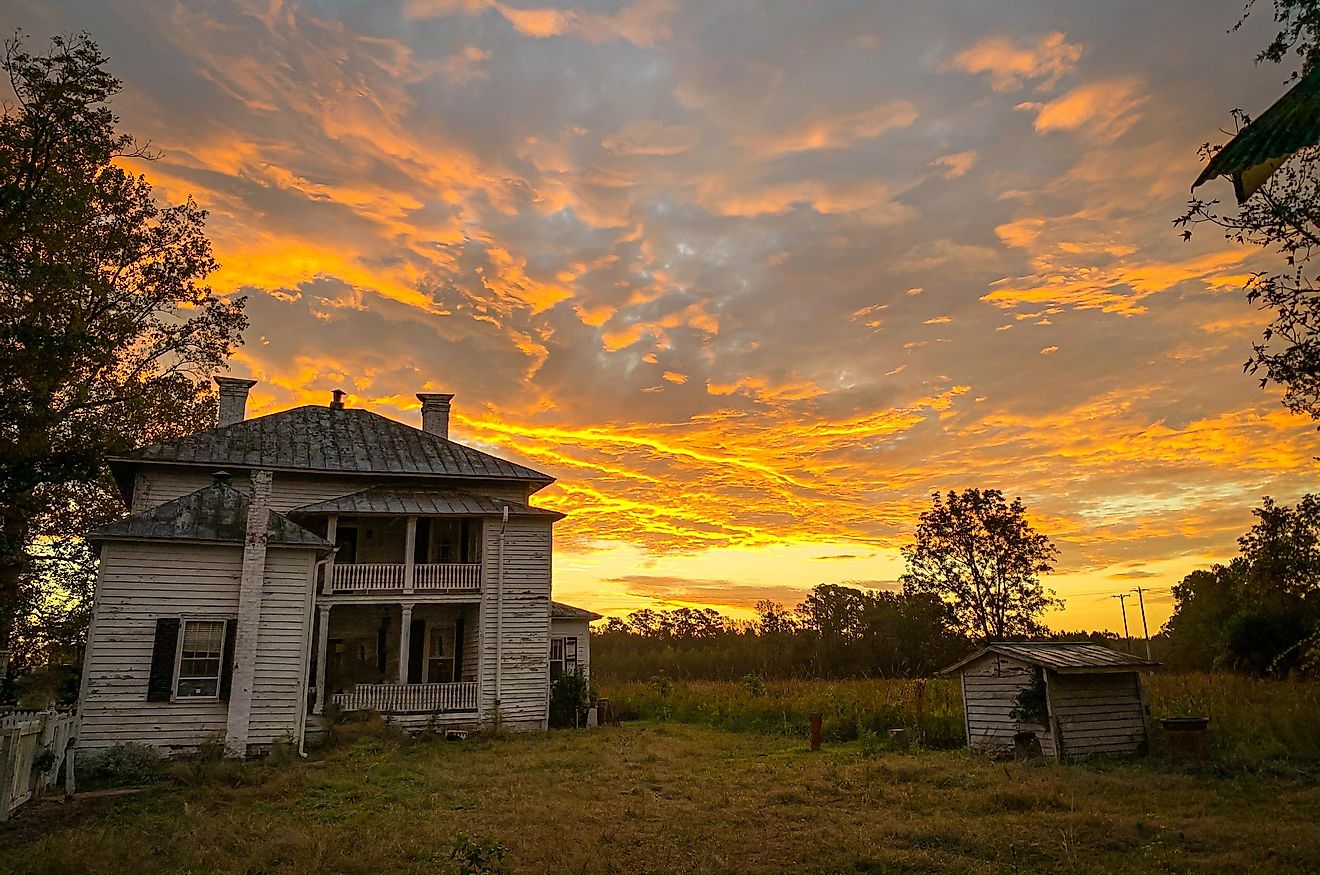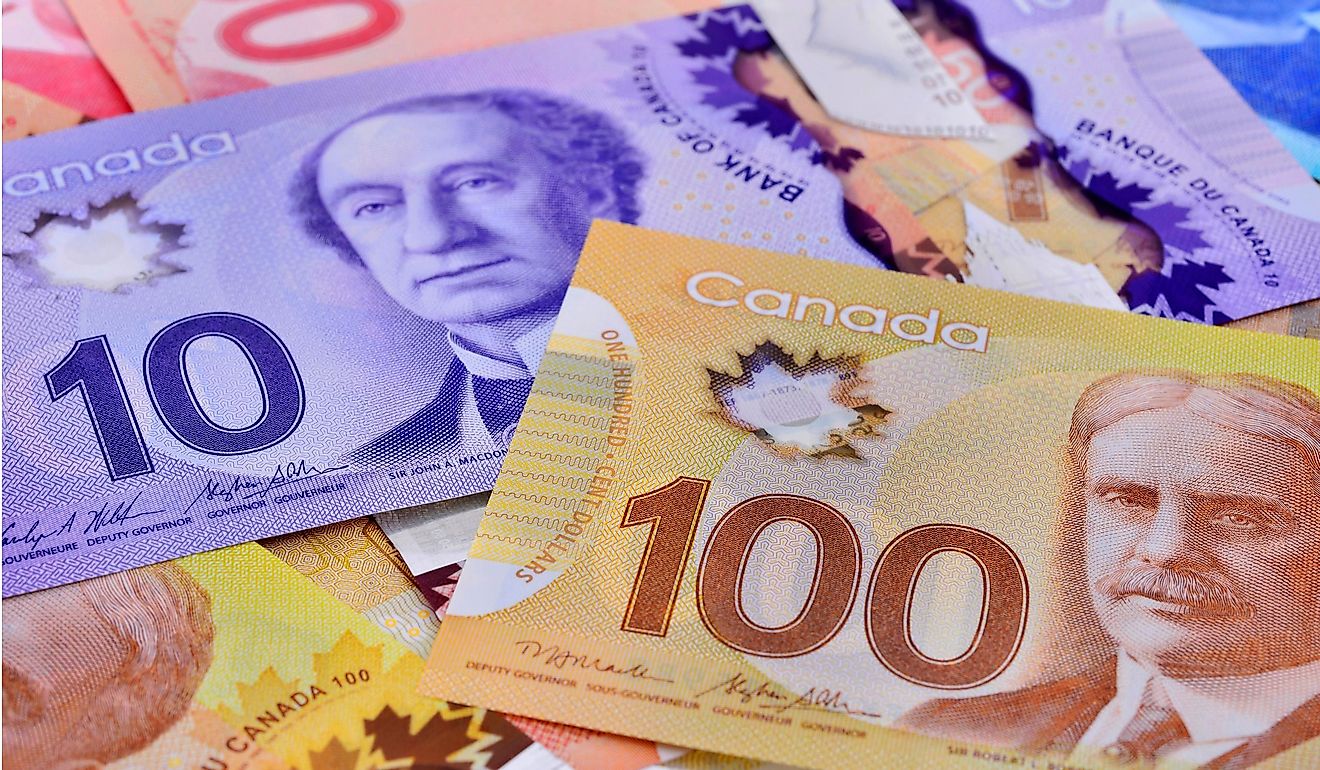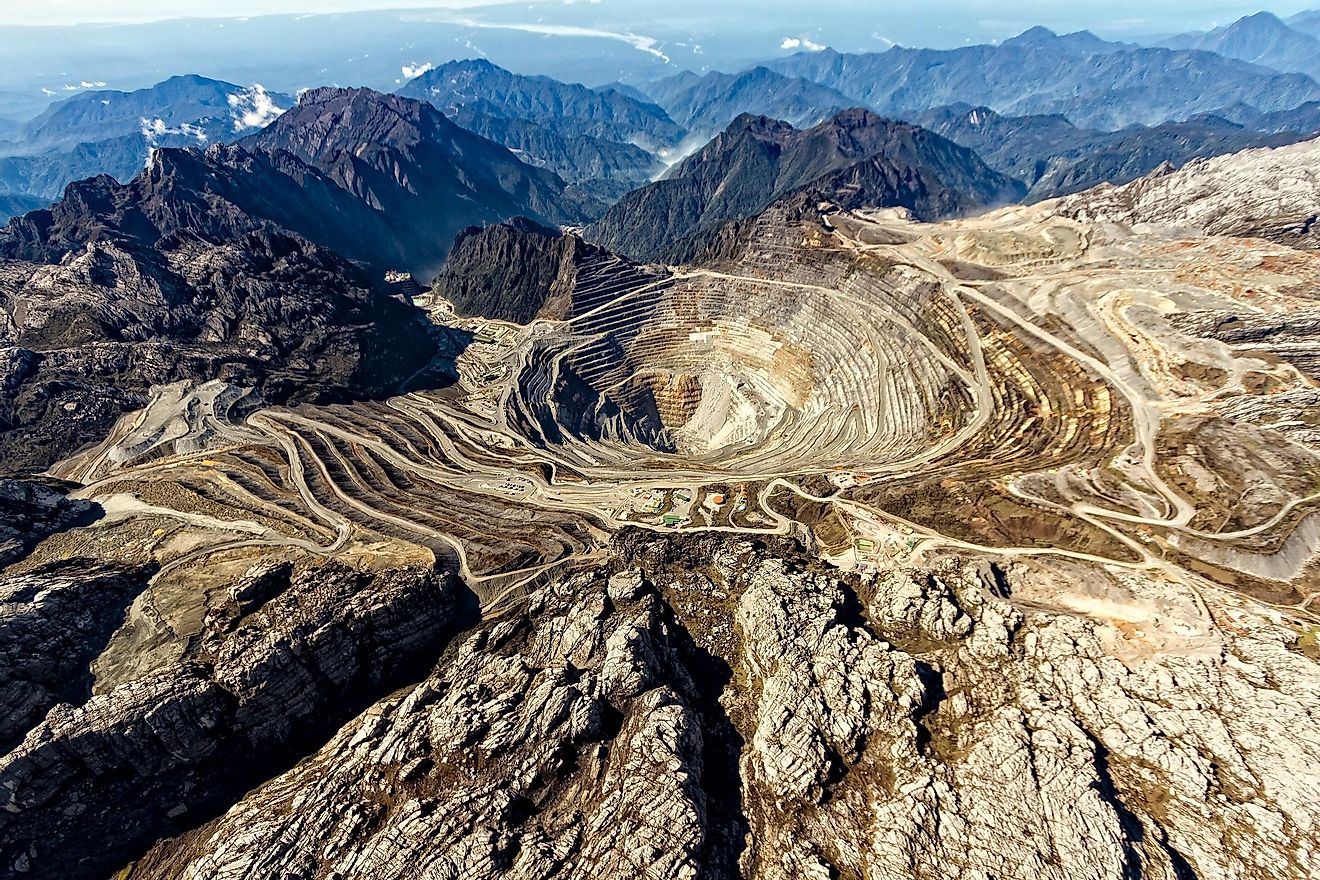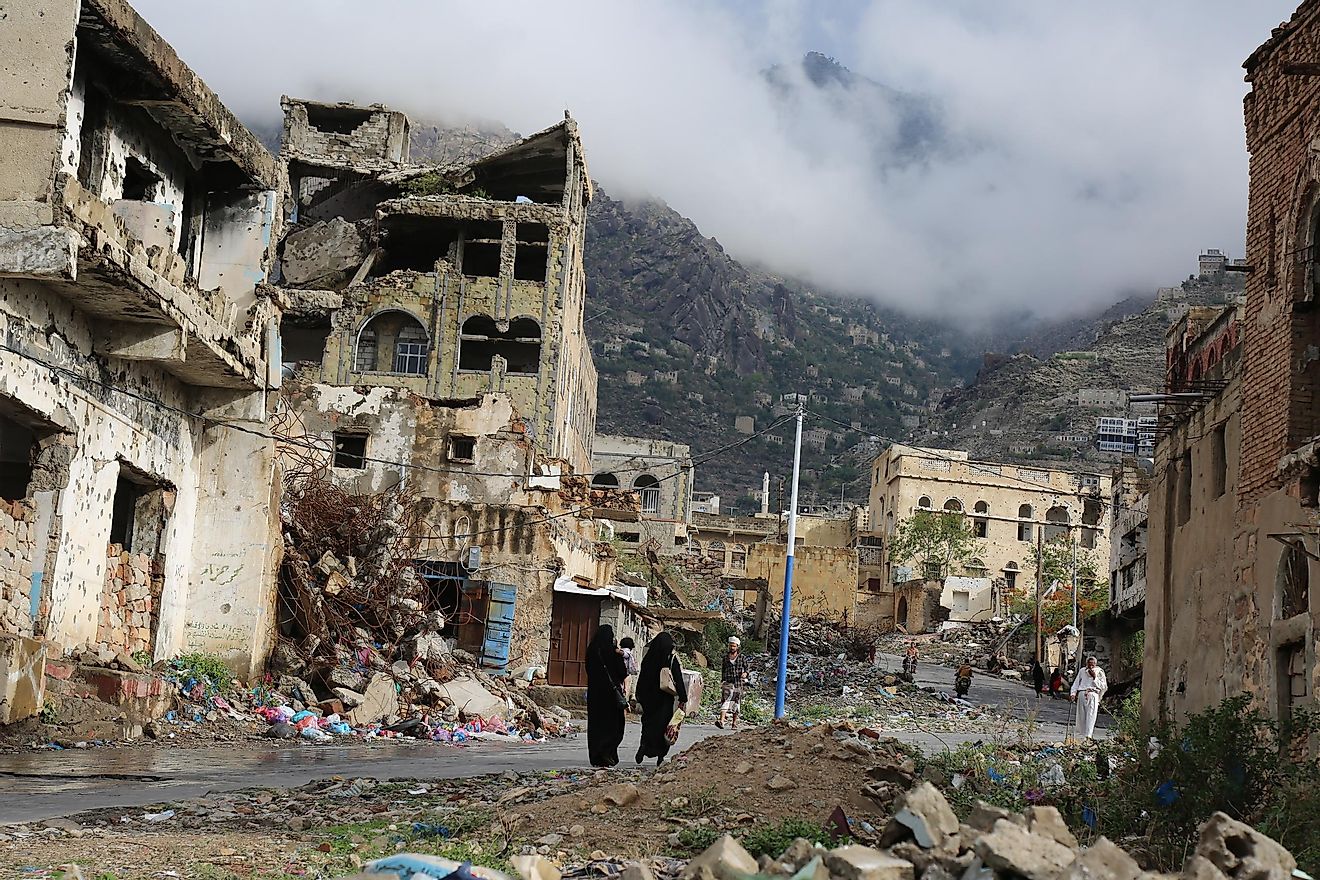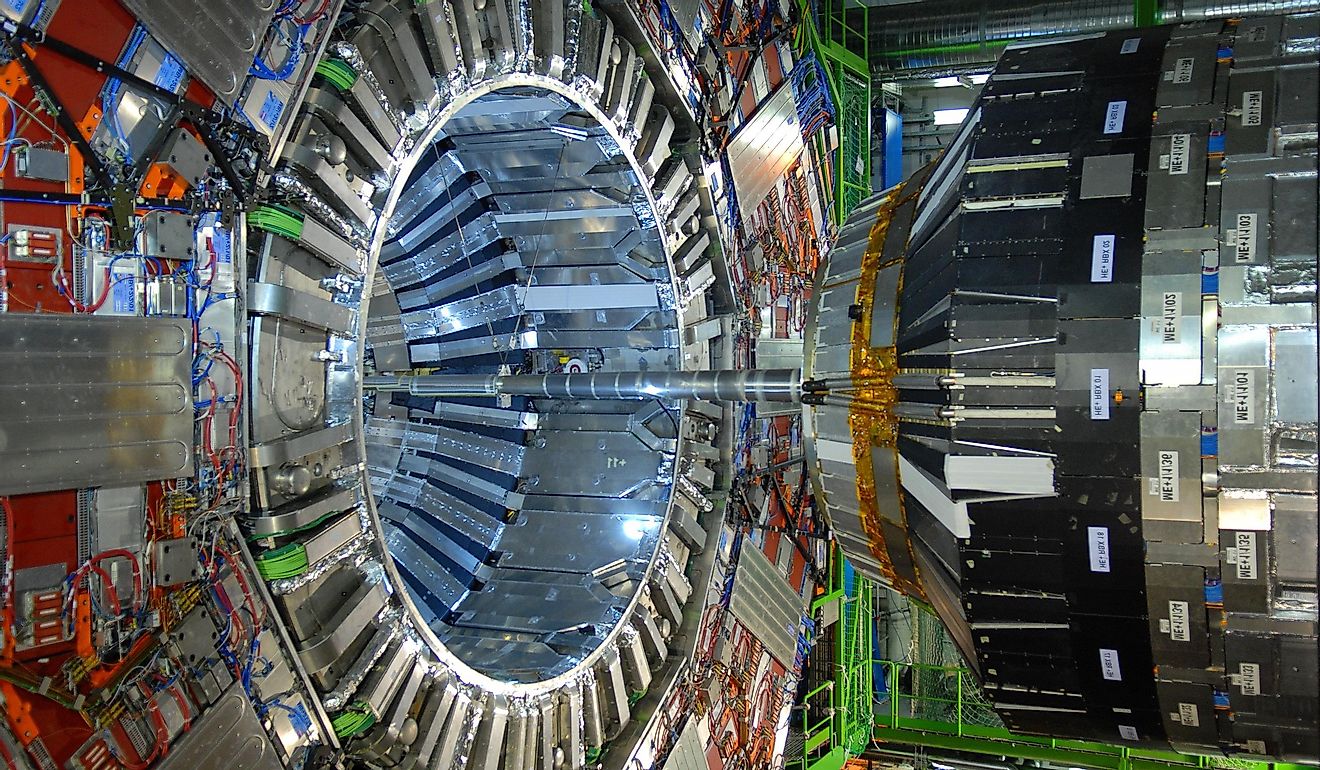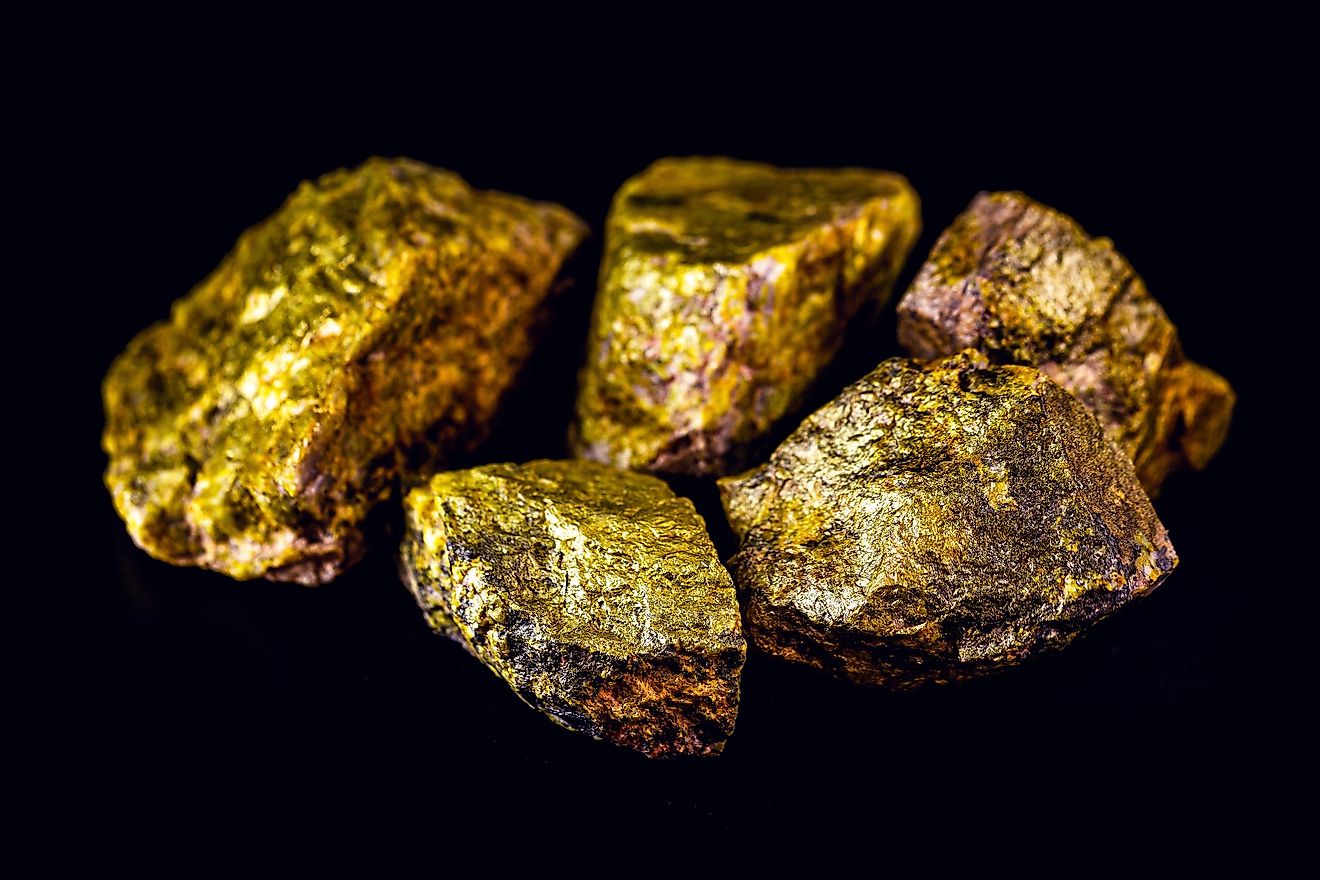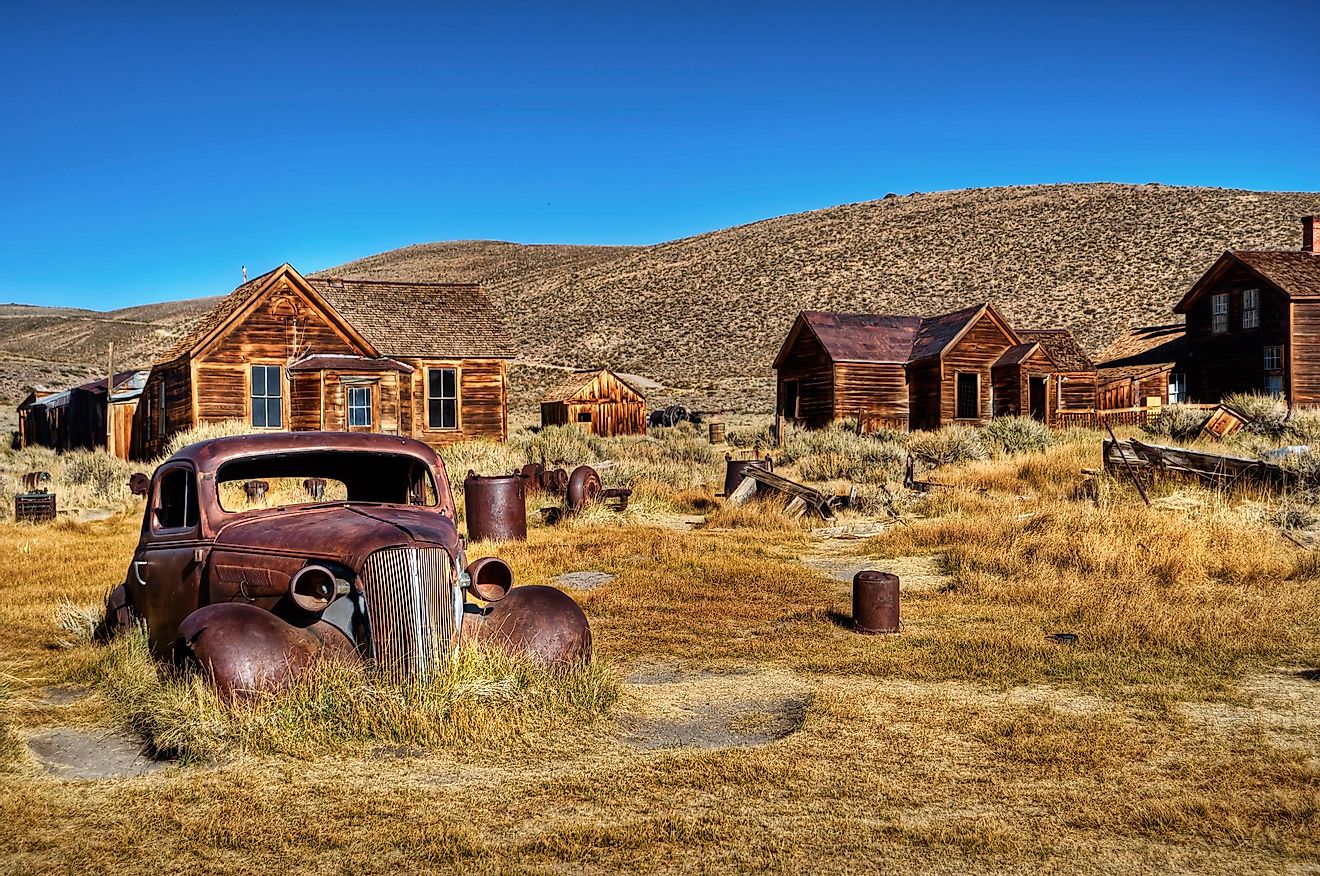What Are The Biggest Industries In Bahrain?
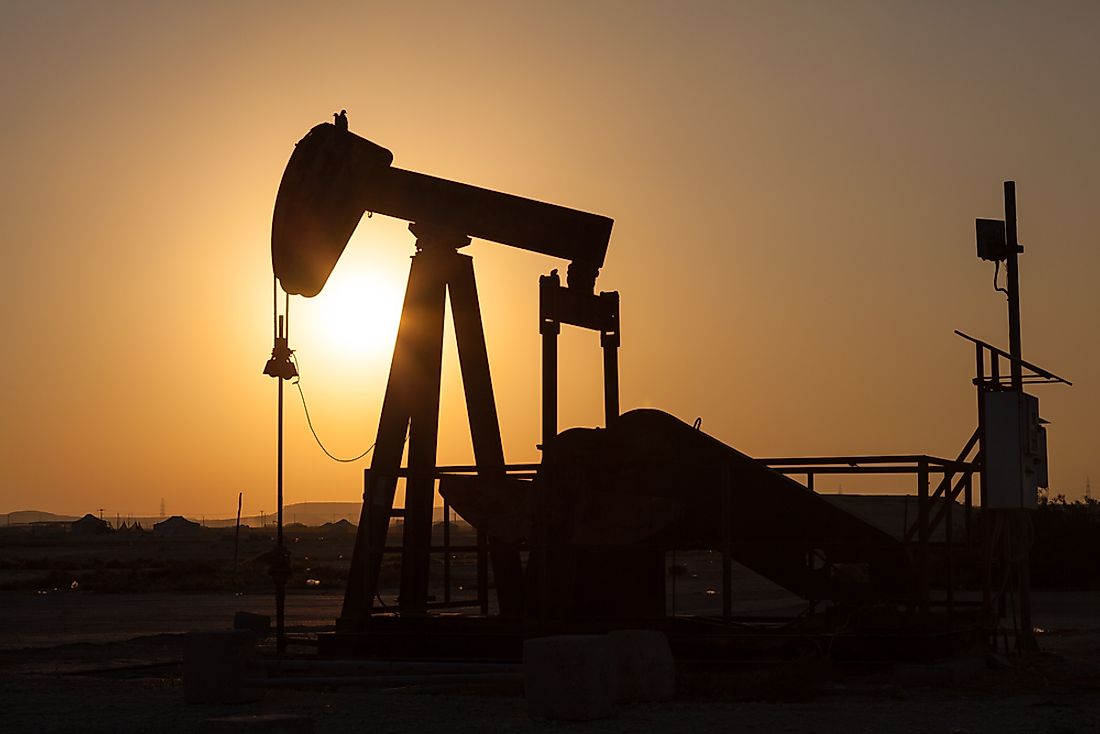
Bahrain is a country found in the Persian Gulf. Despite its small-sized economy, the Bahraini Dinar, its currency, is the most valued currency in Asia. The country also has one of the most diversified economies. Here is a list of the major components of the economy of Bahrain.
Oil and Gas
Bahrain has had a petroleum-based economy since 1937. Estimates show it has approximately 124 million barrels of oil which is little compared to other members of the GCC. Regardless, the oil and gas industry is the biggest industry in Bahrain, accounting for 11% of the GDP and 70%-86% of government revenue. Out of this income, 80% is from the Abu Safa offshore oilfield, owned and managed by the Saudi Aramco, which transfers 50% of its profits to the Bahraini government. Bahrain gets the remaining 20% from Awali, the only oilfield in the country. About 40% of the oil is consumed locally, and the rest is exported.
Islamic and Offshore Banking
The Kingdom of Bahrain has one of the most sophisticated banking industries in the Arab world. It is the center for Islamic finance as well the banking hub in the Persian Gulf. As of 2016, the Islamic banking sector was worth more than $25.7 billion out of the industry total $192.7 billion. The industry employs approximately 14,000 people and contributes over 25% of the country’s GDP. Bahrain’s success as a financial hub started with the rise of the Persian Empire. Its strategic location halfway in the Persian Gulf allowed Bahrain to become an important trading center.
Aluminum Smelting
The aluminum industry in Bahrain has an estimated $5.2 billion investment, 12,184 workforce, $1.7 billion export value, and accounts for 12% of the country’s GDP. Aluminum Bahrain (Alba) is the most significant player in the sector and arguably one of the biggest aluminum smelters in the world with an estimated production of over 525,000 tonnes. About half of the aluminum is exported to Europe, Australia, the US, the Middle, and the Far East, and Asia while the rest is sold to local downstream industries.
Iron Pelletization
Bahrain is renowned for the production of high-quality Direct Reduction Iron Oxide Pellets. Bahrain Steel is the dominant company in the industry with two pelletizing plants which produce a combined 11 million tons of pellets annually. The iron pellets have a substantial domestic market and are in high demand in Saudi Arabia, Oman, Qatar, India, and South East Asia. Because Bahrain does not have its iron ores or steel processing, it exports steel, the raw material, from Brazil, Chile, Sweden, and Norway.
Insurance
Bahrain has the smallest insurance market in the GCC. As of 2016, the sector provided about $0.74 billion, but it is expected to grow by 7% up to $1.05 billion in 2021. The industry houses 36 insurance firms, 25 local and 11 foreign insurance providers. No insurance provider holds more than 10% of the market share. Alpen Capital predicts that introducing mandatory health insurance will drive revenue and expand the insurance industry. Currently, most of the income is derived from the booming motor industry where there is a mandatory-third party motor insurance.
Tourism
Tourism contributes approximately $142 million which is 75% of the Foreign Direct Investment (FDI) in Bahrain. In 2016, Bahrain attracted 12.3 million overseas visitors. Plans are underway to raise that number to 15.8 million. Since only 10% of the visitors stay for two or more nights, Bahrain is actively improving
